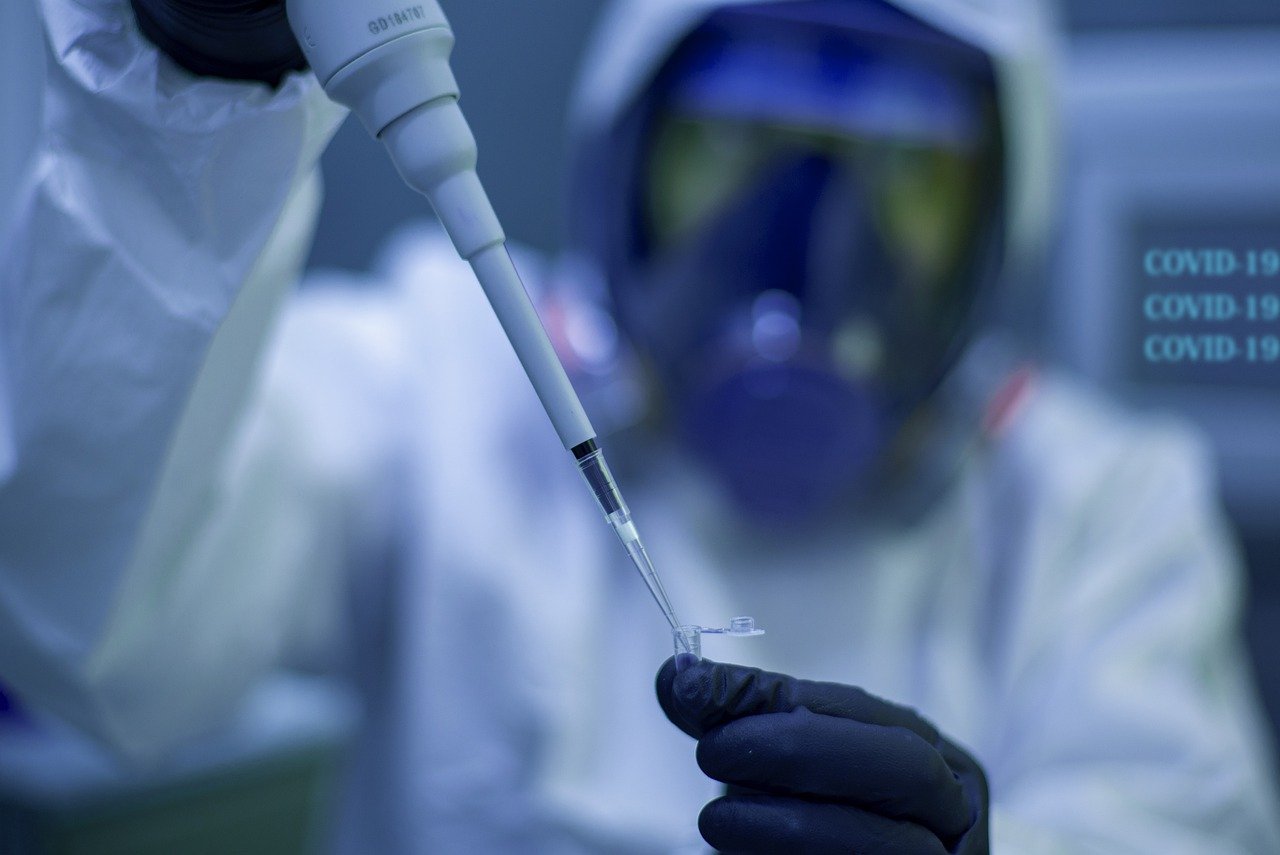
AstraZeneca’s Covid vaccine trials need more data to ensure the safety and efficacy of the vaccine, according to the World Health Organization.
“There’s always a problem in announcing scientific results by press release, and that is that you don’t have all the data out there and people aren’t able to really look and think about the data properly,” Sir John Bell, the Regius professor of medicine at Oxford University, sad in an interview on CNBC’s “Closing Bell."
Shares of AstraZeneca dropped after the company's announcement about the interim results from AstraZeneca’s Covid vaccine trials. The British pharmaceutical firm reported that its vaccine, which it’s creating alongside the University of Oxford, was 70% effective after combining results from two different dosing systems.
One smaller group of people, all under the age of 55, received an unintentionally lower dose of the vaccine followed by a full dose, and a larger group of people received two full doses of the vaccine. The vaccine was found to be 90% effective in the group that received the smaller dose while the larger group showed only 62% effectiveness.
Chief of the White House’s Operation Warp Speed, Moncef Slaoui, and other authorities in the U.S. were particularly concerned about the age group of participants in AstraZeneca's trials. They said that 90% efficacy was only shown for the lowest risk group, which had 2,741 people below the age of 55. The group whose results showed 62% effectiveness numbered 8,895.
“The full data will be published in the medical journal so people can examine it. Taking snippets of data is not a helpful way to make an analysis of what’s actually going on,” Bell told CNBC on Friday.
Bell believes the U.K. could be “substantially vaccinated” by the spring of next year.
Kate O’Brien, director of immunization, vaccines, and biologicals at the WHO, agreed with Bell during the organization’s press briefing, saying that there is only a “limited amount that can be said in a press release” and that more information, including how well the vaccine builds an immune response, is needed.
“It’s difficult to weigh in on this,” O’Brien said from the WHO’s Geneva headquarters. “From what we understand about the press release, there is certainly something interesting that has been observed, but there are many reasons that could underlie the differences that were observed.”
Meanwhile, Dr. Soumya Swaminathan, WHO’s chief scientist, pointed out that AstraZeneca’s trial figures “are still too small to really come to any definitive conclusions.” Less than 3,000 trial participants were in the group that was given the smaller dose of the company’s vaccine compared with more than 8,000 in the larger group.
“If we are to explore this hypothesis of having perhaps a better efficacy with the lower dose, then it would need a trial,” Swaminathan said.
AstraZeneca's response to critics
“The studies were conducted to the highest standards,” a spokesperson for AstraZeneca told CNBC on Thursday. “An independent DSMB safety monitoring committee oversees the studies to ensure safety and quality. The DSMB determined that the analysis met its primary endpoint showing protection from COVID-19 occurring 14 days or more after receiving two doses of the vaccine.”
“More data will continue to accumulate and additional analysis will be conducted refining the efficacy reading and establishing the duration of protection,” the spokesperson said.
Meanwhile, the University of Oxford mentioned the discrepancy between dosage allotments. It explained that an initial over-estimation of the dose of the new Covid-19 vaccine batches had resulted “in a half dose of the vaccine being administered as the first dose” due to a “difference in the manufacturing process.”






